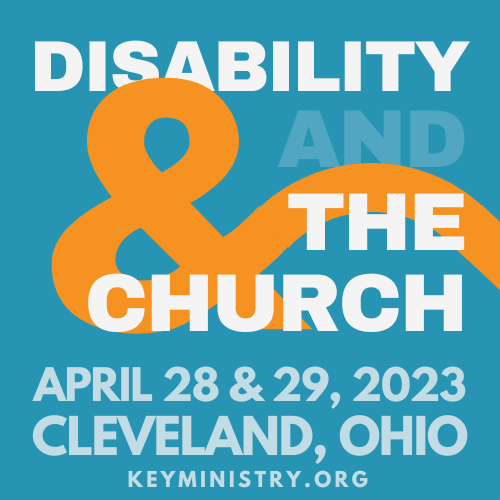My daughter’s heart has never been normal. That’s a tough sentence to write, but it’s true.
Seventeen years ago, I strolled into the NICU for my mid-day visit with my daughter, Jaycee. She was in the middle of her first echocardiogram to examine her heart. I sat in the corner of the room, waiting for the test to finish. Jaycee’s tiny bed was the first in a row of other babies receiving intensive care. Several doctors huddled around Jaycee and discussed the images the machine produced.
One young female doctor approached me and gave a brief, textbook explanation of an atrioventricular canal heart defect. Stunned by the unexpected news, I broke into tears which transformed into sobbing. The doctor abandoned her speech and retreated to her team. She was unaware that all of this was a surprise for me.
Another doctor—one who spoke with more gentleness and compassion—explained Jaycee’s condition again. He gave the implications for now (medications) and in the future (surgery). As the echocardiogram finished up, the team dispersed with the knowledge of how to best treat their patient, my daughter.
Meanwhile, my husband and I sat motionless in vinyl hospital chairs next to Jaycee. With the knowledge of her condition, she seemed more fragile. About half of the babies with Down syndrome are born with a heart defect. It seemed Jaycee fell in that category.
Alone with my thoughts, I was scared to touch my own baby.
The wires and tubes made her look delicate. After hearing Jaycee’s heart was imperfect, unreasonable fears grew from my imagination and inexperience. I worried that simply holding her the wrong way could inflict more damage to her heart. As a new mother, I didn’t know the basics of caring for a baby and certainly didn’t have the confidence to care for Jaycee’s needs.
I soon recovered from my temporary feelings of incompetency and learned to tackle what her conditions required.
Photo by Melissa Labellarte on Unsplash
I was educated on drawing up and administering various medications to treat her congestive heart failure. When she was 3 months old, I cleaned the scars on her chest from her open heart surgery. With time, I confidently distinguished a concerning or false alarm from the oxygen saturation monitor. I secured oxygen to her tiny face for a few months while she recovered from her surgery. However, I rarely juggled Jaycee and her portable oxygen tank with ease.
When Jaycee was two, my husband and I were sad to learn that another open heart surgery would be needed. The second time was easier in that we knew what to expect. It was harder though because she was older, more aware, and needed more comfort to stay calm.
Jaycee’s heart journey has been relatively calm since then. There have been yearly echocardiograms and exams to make sure the remaining leaks in her heart remain stable.
Throughout her life, Jaycee’s cardiologists have done their best to treat her heart defect. We tasked ourselves to cover Jaycee in prayer.
After my tears dried up in the NICU, I spent time with God, praying that Jaycee’s life would be long and healthy. Each time an echocardiogram showed no miraculous change, we continued to pray, hope, and wait. It was a challenge to our faith. We wish there would have been supernatural healing in order to escape some of the suffering from the surgeries.
However, times of desperation have caused me to depend more upon God.
February 7-14 is a week dedicated to CHD (congenital heart defect/disease) awareness. For me, it’s a time to reflect back on everything my daughter has overcome to be in this world. It’s a week to acknowledge the marvels of medicine and appreciate how they have helped people all over the world live with defects of a critical organ. Finally, it’s a time to be thankful for the support found in a God who understands our deepest fears and suffering. God can walk us through a scary diagnosis and help us face each uncertain day with mercy and grace.
Evana is a wife and mother of two children. She enjoys serving in her church’s special-needs ministry. Evana is also a pediatric speech-language pathologist and serves children with autism, feeding disorders, and other developmental delays. You can connect with Evana on Twitter, Facebook, and her blog, A Special Purposed Life. You can also read more about her family’s story in her book, Badges of Motherhood: One Mother’s Story about Family, Down syndrome, Hospitals, and Faith.





